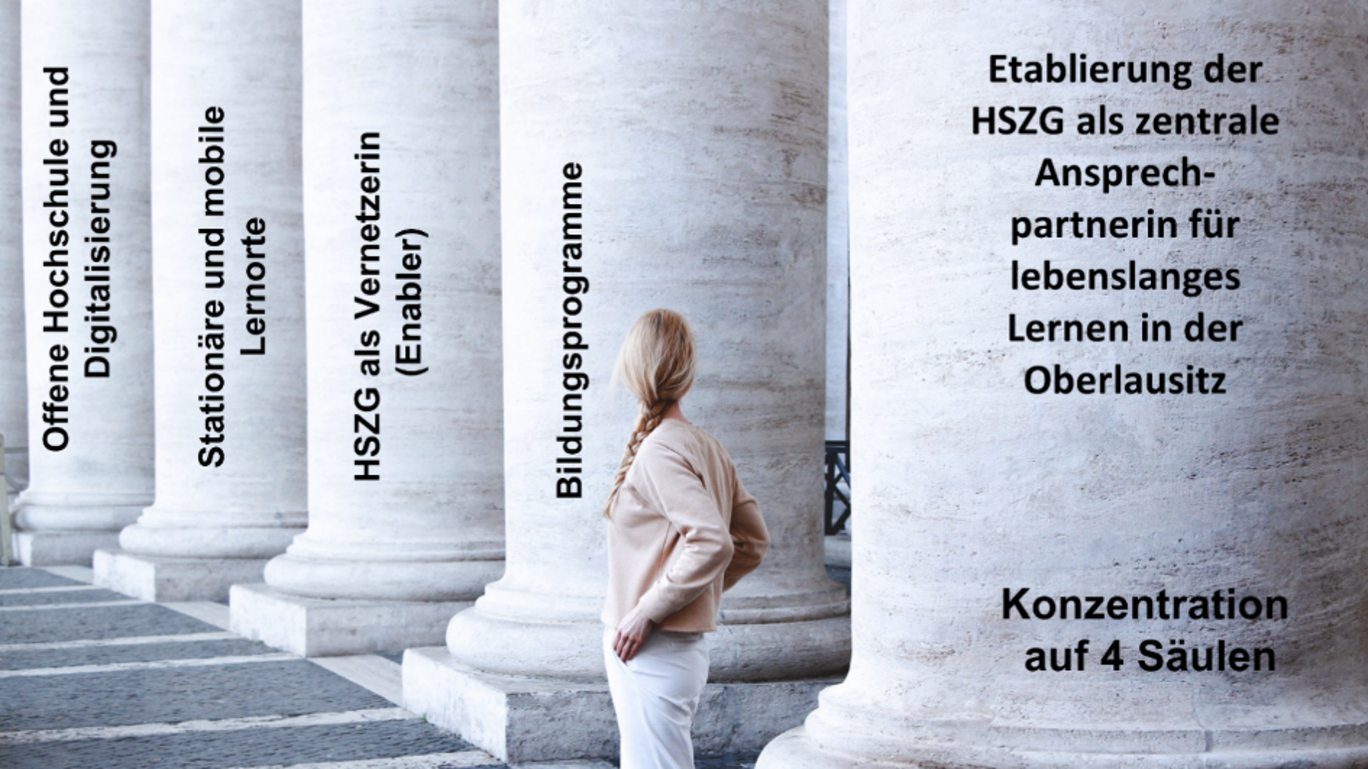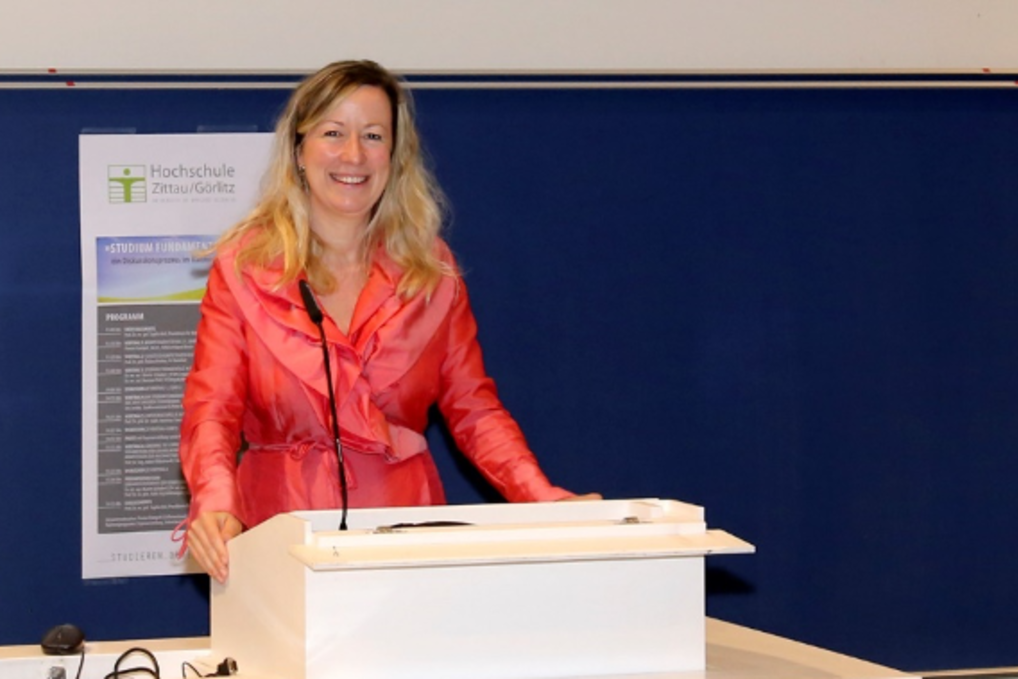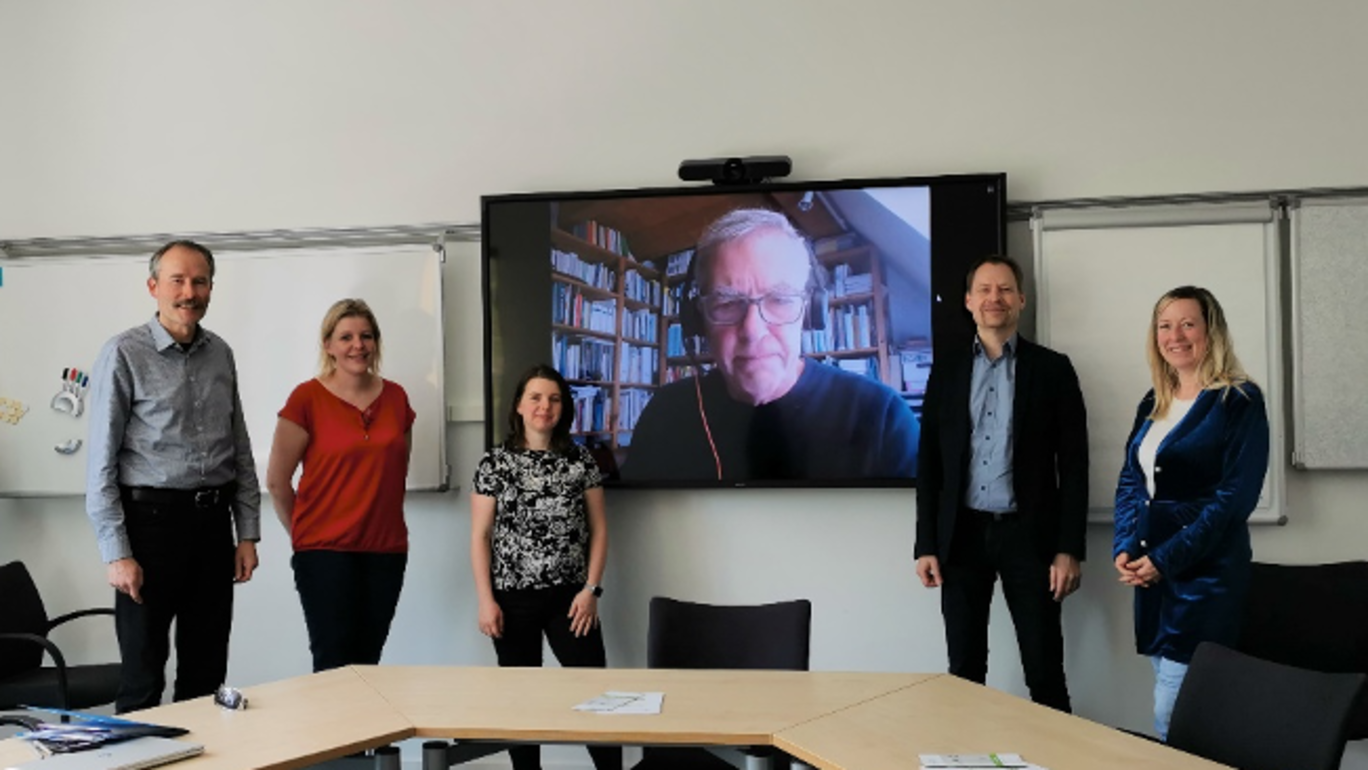The HSZG is developing a concept for lifelong learning and future skills will be discussed at the Teaching Day 2022.

Lifelong learning is of great importance for all people and has received increasing attention in recent decades and has found its way into many educational policy demands and concepts. In line with the HSCG's research focus "Transformation processes in the economy and society", one of the university's strategic goals is to establish itself as a partner for lifelong learning and to assume the institutional bridging function between general, vocational and academic education for various target groups. In order to achieve this goal, a concept for lifelong learning at our university was developed under the leadership of the Vice President for Education and International Affairs, Professor Dr. Sophia Keil, and the Education Unit. This is part of the target agreement between the Saxon State Ministry of Science, Culture and Tourism (SMWK) and the Zittau/Görlitz University of Applied Sciences. The concept was developed in a participatory manner and is therefore a joint result of internal and external university experts.


The concept developed forms the first starting point for shaping the area of "academic continuing education in the context of lifelong learning". Further University for Future workshops will be held in which ideas from the concept will be deepened or discarded in order to define a common path in the sense of participatory university future design.
The diagram shows the time and task plan for the development of the lifelong learning strategy.

"Lifelong learning is of great importance from several perspectives. On the one hand, it helps us to remain fit for the future in a VUCA world; on the other, lifelong learning increases the chances of professional success and promotes the ability to adapt to changing conditions in all areas of life and to actively shape one's personal and social environment," says the Vice President.
”"VUCA" refers tovolatility,uncertainty,complexityandambiguity, which are seen as characteristics of the modern world. This also affects the education of our students, because it is about adapting to change, reacting and remaining capable of acting. For this reason, on May 11, 2022, interested university members gathered in the Audimax in Zittau on the occasion of this year's Teaching Day to exchange ideas with experts on the topic: "Studium fundamentale and 21st Century Skills".
Dr. Schubert from the HTWK Leipzig and Dr. Pohl from the TU Bergakademie Freiberg presented external views and good practices for a Studium generale in Saxony. Prof. Dr. Brinker, long-standing chairwoman and co-founder of the Gesellschaft für Schlüsselkompetenzen in Lehre, Forschung und Praxis e.V. and Florian Rampelt, who works at the German Stifterverband, shed light on the necessary key competencies in the 21st century in general. Prof. Brinker emphasized, for example, interdisciplinary work, recognizing and dealing with diversity and moving in the digital space as the main qualification features.
In addition to the varied presentations, the student perspective played a particularly important role on Teaching Day. Uta Lemke and Peter Nerlich, who are both actively involved in the Student Council and the Faculty Student Committee for Computer Science respectively, outlined a Studium fundamentale of the future. Both would like the HSZG to enable "cross-study", i.e. to open up as many modules as possible from different degree courses for the Stufu and then allow students to choose the subjects they want themselves. In their view, this would allow for greater subject depth.

The cross-sectional expertise and the added value for society through the combination of ecological, economic and social topics were also emphasized. Furthermore, after the coronavirus pandemic, there are increased opportunities for cooperation with other universities, as digital and hybrid class / courses are increasingly being offered in the higher education landscape. The content of Stufu modules could be exchanged between universities. This could increase the diversity and internationality of the Stufu offering. Professor Keil is in discussion with representatives of the "Studium generale Sachsen" working group. Zittau/Görlitz University of Applied Sciences hosted the spring meeting of the working group on May 7, 2022.
The Studium fundamentale offers important methods and levers for solving current problems that are not part of a specialist course. This enables Stufu to play a greater role in lifelong learning and help shape the region with project-based and interdisciplinary offerings.

Vice President for Education and International Affairs, Professor Keil, warmly thanks all those involved in supporting lifelong learning at our university and in the region.
